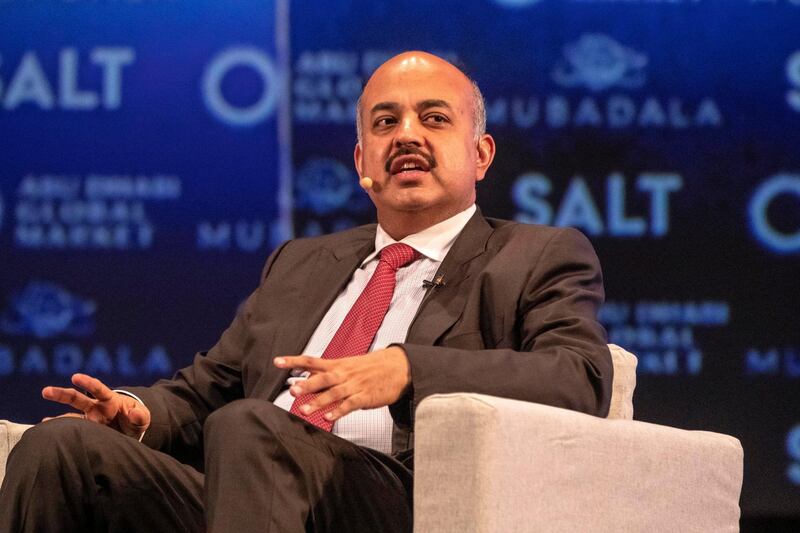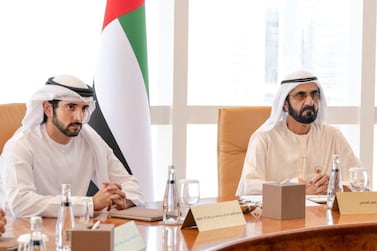A national centre for health research and countrywide cancer registry will be established in the UAE.
The UAE Cabinet made the announcement on Monday as part of a wider package of improvements planned across various sectors over the next 50 years.
It said the centre will prioritise studies on cancer, diabetes, heart and genetic diseases, creating a unified database for health researchers in the country.
It will also collaborate with international institutions and organisations to enhance co-operative research between health and academic institutes.
Results from research programmes will help create new products, services and polices to further develop the UAE's health care services.
On Tuesday, doctors said the research centre would be a valuable asset in the country’s fight against mutating diseases.
“There are certain health conditions that are expected to be a challenge to our health care system in times to come due to the changing lifestyle leading to non communicable diseases, increase in population and the inflow of medical tourism,” said Prasanth Manghat, chief executive and executive director of NMC Health - one of the UAE's largest healthcare managers.
He said a research centre would help prepare the UAE’s healthcare system to treat a growing population of conditions including cancer, diabetes and heart diseases.
Mr Maghat said the centre would help improve patient experience and create a unique database for a country with a highly diverse population.
The centre will also allow medical professionals to collaborate and learn from each other.
“This initiative by the cabinet ministry is bound to become an integral part of the healthcare ecosystem and will encourage healthcare professionals to question and rationalise clinical management creating a culture of continued learning and development,” said Mr Manghat.
“It shall also assist professionals to learn more about their chosen areas to have confidence in the treatment protocols in the offering.”
A resolution on the Supreme Medical Liability Committee was also announced at the cabinet meeting on Monday, establishing a committee for medical liability across the healthcare sector to speed up disputes and complaints.
The changes aim to improve relations between patients and healthcare providers to guarantee the rights of both.
It will provide an appropriate working environment allowing medical practitioners to exercise their profession to encourage the best standards of care, while ensuring the rights of the patient.
Government officials hope the changes will make the UAE a more attractive destination for medical tourists, helping it climb the table of choice for international patients seeking the best healthcare treatment.
The establishment of a National Cancer Register is also expected to improve statistical data and direct spending towards areas of need.
According to World Health Organisation figures, cancer rates in the UAE have increased by 62 per cent between 2008 and 2017.
The disease now accounts for 16 per cent of all deaths in the UAE and is the third most common cause of death in Abu Dhabi.
The Department of Health Abu Dhabi data showed about 4,500 new cases of cancer are reported annually, with lung, breast and colon cancer the most common forms of the disease.







